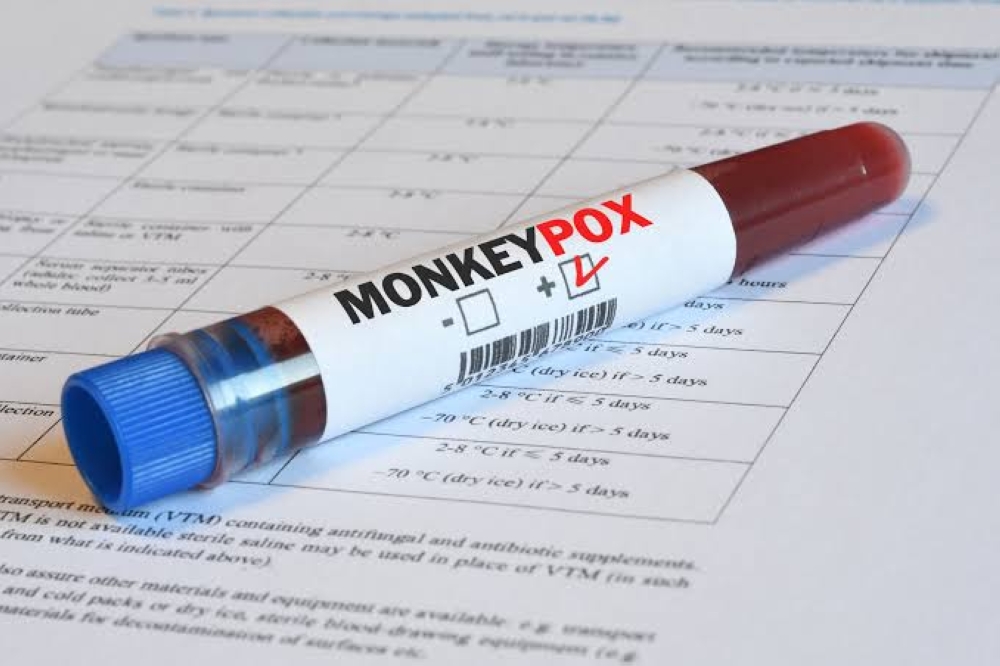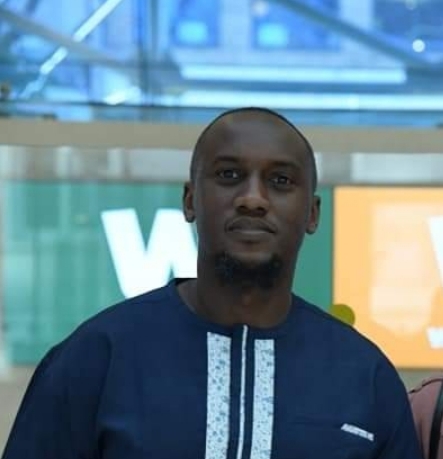

In recent weeks, an alarming spread of unvetted information regarding a potential outbreak of Mpox in Rwanda has highlighted the critical issue of health misinformation on social media, especially on the WhatsApp Messenger platform.
As people shared inaccurate and misleading details, the need for accurate, reliable health information became starkly apparent. Internet users have increasingly used social media to hunt and share health information over the last 20 years.
These social platforms have increased participation among health information consumers of all socioeconomic backgrounds. In this digital age, combating health misinformation is crucial. Initiatives like health literacy programmes play a vital role. Engaging with patients on social media and through other media channels can help in promoting accurate medical information for a better-informed society.
The advent and proliferation of personal electronic devices and access to the Internet have given rise to new communication platforms. These venues are a means for sharing information that can be sought after by patients; from chat rooms to Facebook feeds to blogging and microblogging sites, all may be accessed by patients seeking information relevant to their medications, treatment options, and healthcare expertise.
The digital age has transformed how the community accesses information, making it easier to seek answers to their health-related questions. This convenience can sometimes come with a serious and significant downside; the spread of misinformation and disinformation. With increasing dependency on the Internet for medical advice, the role of doctors or other health care providers in eradicating misinformation or disinformation has become more crucial than ever before.
Let’s start by understanding the difference between misinformation and disinformation. Misinformation is false or inaccurate information, getting the facts wrong. Disinformation is false information that is deliberately intended to mislead and intentionally misstate the facts. The spread of misinformation and disinformation has affected our ability to spread correct public health information.
In recent times, there has been a significant shift in how the learned community seeks medical information. With the vast spread of the internet on many types of devices, there is a vast resource of medical information online. Many people, especially the younger ones, who have access to the internet now turn to the internet or social media for medical advice.
Social media platforms have evolved into real-time data sources in a sort of field, including health and medical topics. The bulk of content on social media like Twitter, is generated by users, and, therefore, the lack of genuine fact-rhyme machinery makes social media vulnerable to misinformation propagation.
This growing dependency is driven by the convenience and immediacy of finding information with just a few clicks. While social media can sometimes be an efficient tool for increasing people’s health literacy, like we saw during the COVID-19 pandemic, it’s also valuable for researching the public’s perspectives and reactions to varied topics. By closely monitoring online discussions of health topics and detecting misinformation.
Some recent studies have shown that nearly one-third of the general population that has access to the Internet looked up symptoms online before consulting a medical practitioner. Other studies also showed that only 49 per cent trusted healthcare practitioners without cross checking and about 30 per cent verified their doctor’s advice with internet searches. While this accessibility can empower patients to take an active role in their health, it should not lead to self-diagnosis and self-medication. Many don’t scrutinise the reliability of their sources of online health information.
Given the risks associated with online health misinformation, the role of doctors and other healthcare providers is crucial in providing accurate and reliable information. Doctors undergo intensive education and training equipping them with the knowledge, expertise and experience to understand and pass on information on the diagnosis and treatment of different conditions.
Doctors use a combination of medical history, physical examination and other diagnostic tests to arrive at an accurate diagnosis. This comprehensive approach is something online resources struggle to replicate. Medical care or treatment is also tailored to individual needs considering factors such as age, medical history and other factors that may be essential to effective treatment.
Healthcare professionals can also correct misinformation or disinformation that patients may have encountered online, by discussing and debunking myths about sicknesses and other conditions to allow patients to make better choices.
The public needs to be better educated on the continued importance of consulting healthcare professionals and evaluating online resources to ensure they are good sources.
Medical professionals should also embrace technology and continue to create reliable online content including article, webinars, videos that provide accurate information. Medical practitioners should also actively engage on social media to counteract misinformation and provide real time advise.
We could also work with telecom and other technology companies to flag and reduce the spread of misinformation. As the Internet grows and we get a wider source of medical or health information, medical practitioners remain the cornerstone of reliable medical advice and information.
By educating the public, and maintaining a presence online, healthcare professionals can bridge the gap between accurate information and the needs of the community.
Dr Vincent Mutabazi is an applied epidemiologist.
X: @VkneeM


